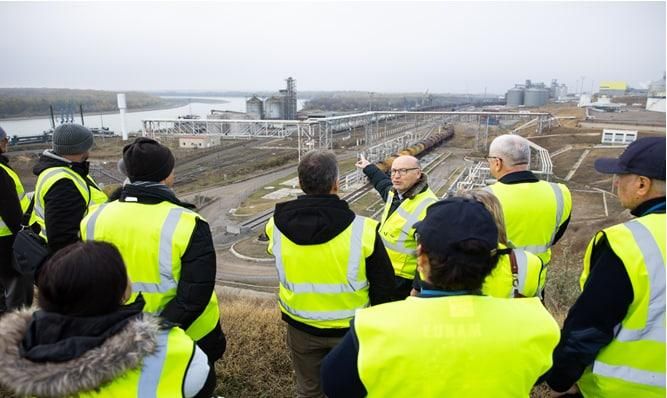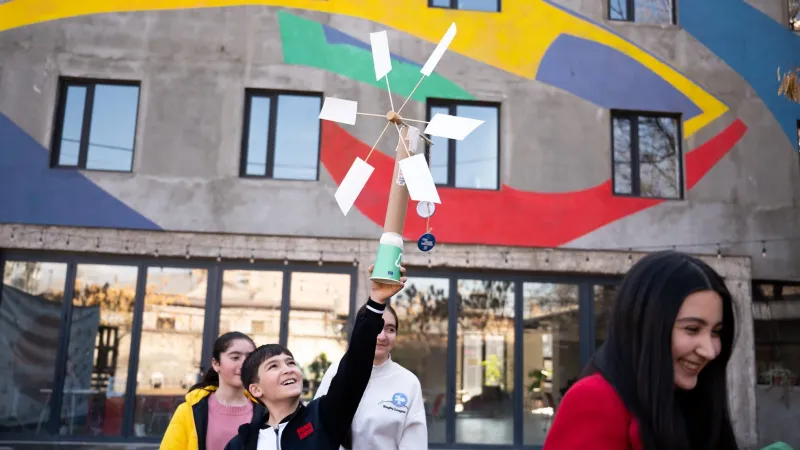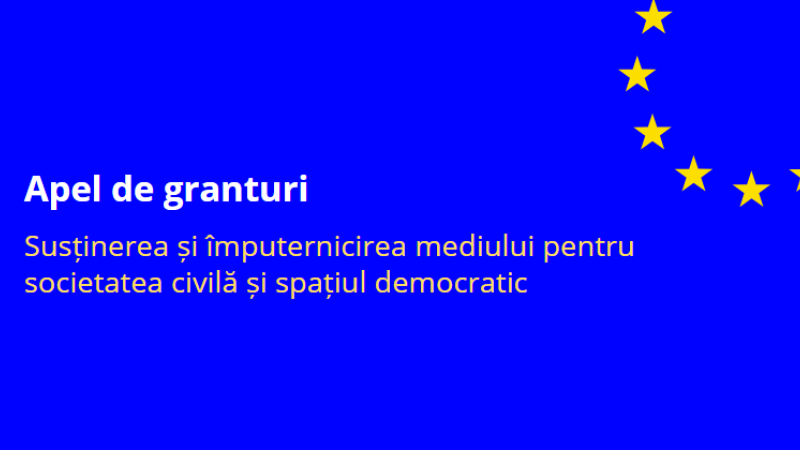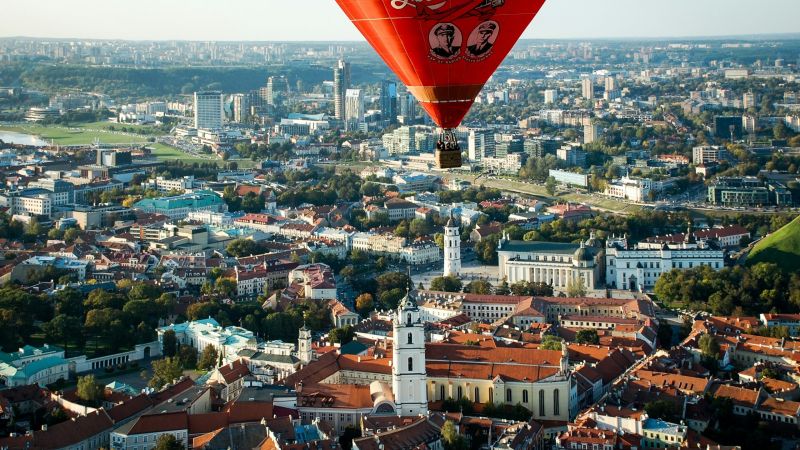
EUBAM facilitează vizita de informare a oficialilor DG Trade la punctele de trecere a frontierei de la Giurgiulești
Oficialii Direcției Generale pentru Comerț a Comisiei Europene (DG Trade) au vizitat punctele de trecere a frontierei Moldova-Ucraina și Moldova-România din zona Giurgiulești pentru a recepționa experiență practică cu privire la implementarea inițiativei Coridoarele Solidarității UE-Ucraina.
La 18 noiembrie, EUBAM împreună cu Delegația UE în Republica Moldova au organizat o vizită de informare în sudul Republicii Moldova pentru oficialii DG Trade și Delegațiile UE din statele Parteneriatului Estic și Balcanii de Vest. Oficialii UE au vizitat două puncte de trecere a frontierei moldovenești Giurgiulești-Reni și Giurgiulești-Gălați, unde au putut vedea cu ochii proprii eforturile agențiilor vamale și de frontieră din Republica Moldova pentru susținerea Inițiativei Coridoarele Solidarității lansată de UE. Totodată, a fost efectuată o vizită la Portul Internațional Liber Giurgiulești, pentru ca participanții să se familiarizeze cu particularitățile funcționării terminalelor Portului și să urmărească operațiunile de expediere și transport pe Dunăre.

În timpul vizitei, șeful EUBAM, Slawomir Pichor, a prezentat sprijinul Misiunii pentru punerea în practică a Inițiativei UE Coridoarele Solidarității. În același sens, Șeful Misiunii a informat reprezentanții UE despre situația actuală din zonă, subliniind necesitatea asistenței pentru modernizarea infrastructurii de frontieră. Șeful EUBAM a pledat, de asemenea, pentru investiții în soluții informatice care să faciliteze și mai mult circulația exporturilor agricole ucrainene, cum ar fi sistemul „e-Booking TRUCK”, sistem care permite clienților care efectuează operațiuni de transport rutier internațional să rezerve în prealabil data și ora serviciilor de control vamal. Șeful adjunct al Biroului Vamal SUD, Andrei Botnari, a informat vizitatorii cu privire la eforturile depuse de Serviciul Vamal al Republicii Moldova pentru a reduce cozile nemaivăzute la granițele Republicii Moldova cu Ucraina și România și de a ușura efortul asupra blocajelor de transport.
În cadrul vizitei, oficialii DG Trade și Delegațiile UE au putut vedea situația la fața locului, în special blocajele de trafic care împiedică circulația mărfurilor. În acest sens, reprezentanții UE au reușit să strângă informații valoroase, să evidențieze principalele provocări și să aprecieze necesitățile, în cooperare cu autoritățile moldovenești, fapt care va fi benefic pentru funcționalitatea Coridoarelor Solidarității și exportul de produse agricole ucrainene pe căi alternative de transport.


